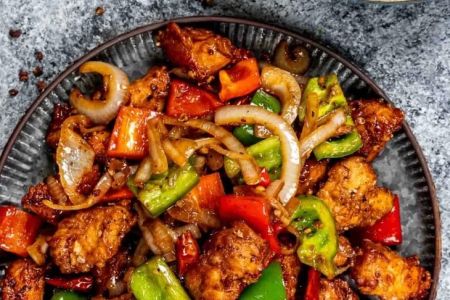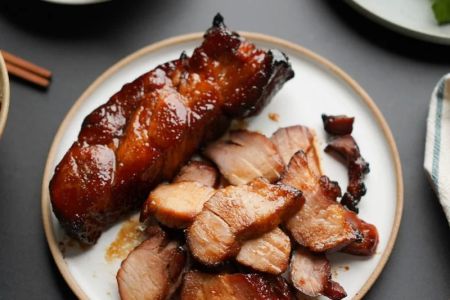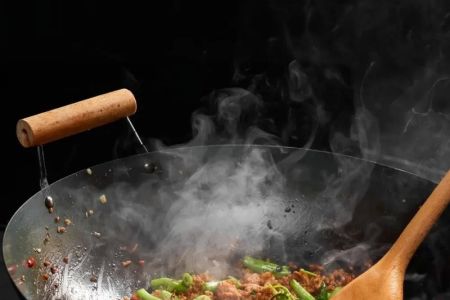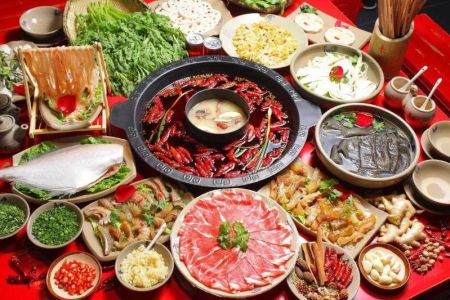Why Do Chinese Restaurants Close on Mondays?
If you've ever found yourself craving Chinese food on a Monday only to discover that your favorite spot is closed, you're not alone. It’s a common occurrence, and many people wonder why so many Chinese restaurants choose Monday as their day off. As someone who loves to explore the culinary world, I decided to dive into this question and uncover the reasons behind this phenomenon.
1. The Tradition of the Chinese Restaurant Industry
One of the primary reasons Chinese restaurants close on Mondays can be traced back to tradition. In many parts of the world, including the United States, Chinese restaurants have established their Monday closure as part of their cultural practices. This tradition is rooted in the history of Chinese immigrants who began running restaurants in various countries.
1.1 Rest Day After a Busy Weekend
In Chinese restaurant culture, the weekend is often the busiest time. People flock to these restaurants for family meals, celebrations, and casual dining, leaving restaurant staff working long hours. Monday, traditionally, is a quiet day, making it an ideal time for the restaurant to take a break. This allows staff to rest, recover, and prepare for another hectic week.
1.2 Historical Influence of Chinese Communities
Chinese restaurants, particularly those in large cities, often serve local communities that are predominantly Chinese. Historically, many of these communities relied on family-run businesses, and closing on Mondays was simply a way for restaurant owners to give their families a day off. Over time, this practice has become a staple in the industry, and it has persisted even as Chinese restaurants expanded into the broader population.
2. Operational Reasons Behind Monday Closures
Aside from tradition, there are several practical reasons why Chinese restaurants may choose to close on Mondays. These reasons can vary from location to location but are often based on operational efficiency and the needs of the restaurant staff.
2.1 Staff Rest and Recuperation
Operating a restaurant, especially one that serves high volumes of customers, can be physically demanding. Many restaurant owners understand the importance of giving their staff time to rest, particularly after working long shifts during the weekends. For Chinese restaurants, where the work is often physically intense (think prepping large batches of food and managing crowds), closing on Mondays ensures the staff can recuperate.
2.2 Inventory and Maintenance
Another practical reason for Monday closures is to allow restaurant owners to perform inventory checks, maintenance, and cleaning. Keeping the kitchen, dining areas, and equipment in top shape is essential for running a successful restaurant. By closing on Mondays, restaurants can dedicate time to these behind-the-scenes operations without disrupting their service to customers.
3. The Impact on Customers and How to Adapt
While it may be inconvenient to find your favorite Chinese restaurant closed on a Monday, there are ways to adapt. Understanding the reasons behind the closures can help mitigate frustration, and you can plan accordingly. Here are some tips on how to navigate this:
3.1 Plan Ahead and Visit on Weekends
Since weekends are often the busiest time for Chinese restaurants, planning your visit on a Friday or Saturday evening ensures you'll enjoy the freshest dishes and lively ambiance. You’ll also avoid the risk of disappointment if you show up on a Monday.
3.2 Explore Other Cuisine Options on Mondays
If you can’t wait for your Chinese food fix, consider trying other local restaurants on Mondays. Many other types of cuisine might be available for delivery or dine-in, and you could even use this opportunity to explore new culinary experiences. Who knows, you might discover a new favorite spot!
4. Are There Exceptions to the Monday Closure?
Not all Chinese restaurants follow the tradition of closing on Mondays. In more cosmopolitan areas or for larger restaurant chains, the trend is less common. Many modern Chinese restaurants have adjusted their schedules to cater to customers who might crave Chinese food on any day of the week. If you live in a major city, it's worth checking the hours of the local Chinese restaurants online or by calling ahead. Some places may offer special Monday hours or even remain open all week.
4.1 High-Demand Areas
In popular tourist destinations or cities with large Chinese populations, it's more likely that Chinese restaurants will remain open on Mondays. This is particularly true in cities like New York, San Francisco, and Los Angeles, where there is a constant demand for Chinese cuisine. These restaurants may have adapted to customer needs by staying open every day of the week, especially in tourist-heavy districts where businesses must cater to a steady stream of visitors.
5. Alternatives to Traditional Chinese Restaurant Hours
Some Chinese restaurants have begun offering delivery services that operate seven days a week, including Mondays. In these cases, even if the restaurant is physically closed, they may still accept orders for delivery. This is a fantastic option if you crave a meal but don't want to miss out on your favorite dishes just because the dining room is closed.
5.1 Online Ordering Platforms
Take advantage of online platforms that allow you to order from your favorite Chinese restaurants. Many restaurants use apps like Uber Eats, DoorDash, or GrubHub, which may have a different set of hours compared to in-house dining. Checking for availability through these services can ensure you still enjoy a Chinese meal, even if the restaurant itself is closed.






![Top Chinese Restaurants for Authentic Cantonese Cuisine in [Your City]](https://img.gochinarose.com/d33/2507/4157910400_450x300.webp)
